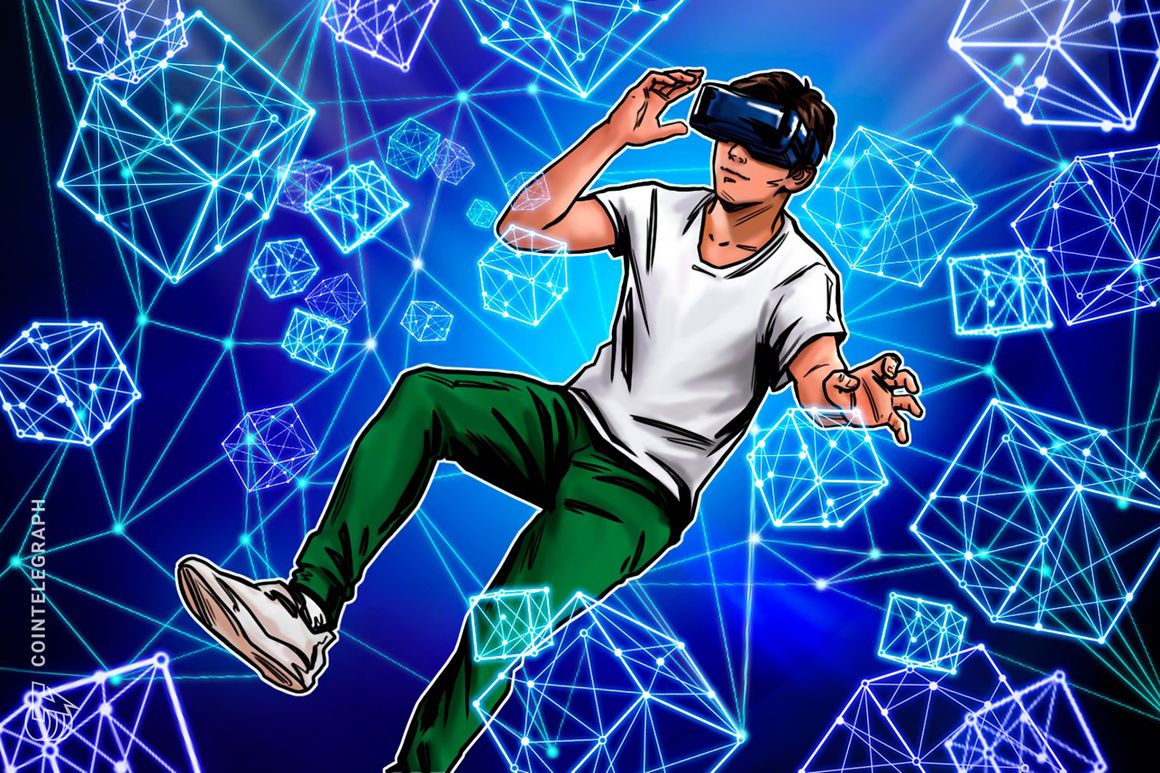The world embraced artificial Intelligence (AI), hoping to see it transform complex and day-to-day processes. While generative AI models won millions
The world embraced artificial Intelligence (AI), hoping to see it transform complex and day-to-day processes. While generative AI models won millions of users, discussions around the transformative potential of AI in all walks of life became mainstream.
Today, AI is being tested across all business verticals as entrepreneurs challenge the status quo, streamlining and automating processes in varying industries. This drive also resurrects ecosystems that have lost their vigor over years of trial and error.
In the quest to find the true potential of this technology, humanity continues to infuse AI elements into existing systems in the hopes of outperforming current limitations.
The gaming ecosystem sees AI as a means to supersede incremental upgrades. From reutilizing seasoned hardware to squeezing out the price-performance ratio from the latest graphics processing units (GPUs), the gaming industry sees AI’s potential to redefine how gamers of the future will consume their products.
“AI will be one of the most important tools for game developers to improve their work output and production, and unlock rich and new experiences for gamers,” said Ryan Wyatt, the former global head of gaming partnerships at Google and former head of gaming at YouTube.
Wyatt’s exposure to gaming — on both professional and personal fronts — allowed him a special viewpoint at the intersection of a gamer’s wishful thinking and an entrepreneur’s reality check.
Wyatt garnered over two decades of gaming experience before entering crypto as the CEO of Polygon Labs, eventually retiring as the president to take up an advisory role for the blockchain company.
Speaking to Cointelegraph, Wyatt reveals how AI could potentially transform the gaming ecosystem and what it could mean for the future of blockchain gaming.
Cointelegraph: What is the role of AI in the gaming ecosystem?
Ryan Wyatt: The term “AI in gaming” has been overused to the point of exhaustion. In my opinion, it is simply another powerful tool in the developer’s toolkit, which is already extensive and continues to grow. This expansion of toolsets — AI being one of them — will enable a variety of new gaming experiences that we have never seen before and allow game developers to do more. We often talk about AI as a replacement for the work being done in gaming, but I strongly disagree. I see it as a powerful tool that will allow game teams, both small and large, to do more than they ever could before, which may require human resources to be leveraged differently but not minimize or diminish the importance of the many roles required to make a game. And in return, gamers will get to experience games that were never deemed possible before.
CT: Can AI potentially take up the heavy computational tasks that currently rely solely on GPUs? Do you think AI could allow us to repurpose legacy systems that contribute to e-waste, or is it just wishful thinking?
RW: This is a tough one. I do think it is wishful thinking to assume that AI can repurpose all these legacy systems and reduce e-waste. Based on the track record of how hardware has grown and advanced so much over the last two decades, there’s no indication to believe we’re moving in the right direction here, as we’ve continued to increase e-waste over the last 10 years. From a technology standpoint, we’re constantly evolving, and the necessity and demand to expand on hardware, specifically with the GPU, continues to increase significantly. I believe there will be a number of optimizations that AI can introduce to the problem: offloading more resources to the CPU, optimizing for legacy systems, etc., but I think it’s wishful thinking to assume we can reduce e-waste as we continue to push the limits of technology and hardware to create things that were never imaginable before. This seems like a problem that isn’t going to be meaningfully resolved over the next decade, and, in fact, I anticipate it to get worse before it gets better, with AI exacerbating the issue in a 5–10 year time horizon.
CT: If AI could be used for graphics optimization, unlimited (free world) map rendering or a storyline that never ends, but you could choose only one, which one would you choose as a gamer, and why?
RW: This is a matter of personal preference, but I hope we see both. I believe that storylines and NPCs [non-player characters] could evolve greatly from where they are today. We have seen amazing and beautiful open worlds expand in parallel with computational and hardware improvements. While not unlimited, expanding worlds have played a meaningful role in games over the last decade.
Recent: FTX’s $3.4B crypto liquidation: What it means for crypto markets
To me, one area that needs to evolve is how we engage with NPCs in games. This has been rather archaic for quite some time and has largely relied on linear lines of pre-programmed communication and dialogue. This is already changing with companies like Inworld AI…
cointelegraph.com

COMMENTS